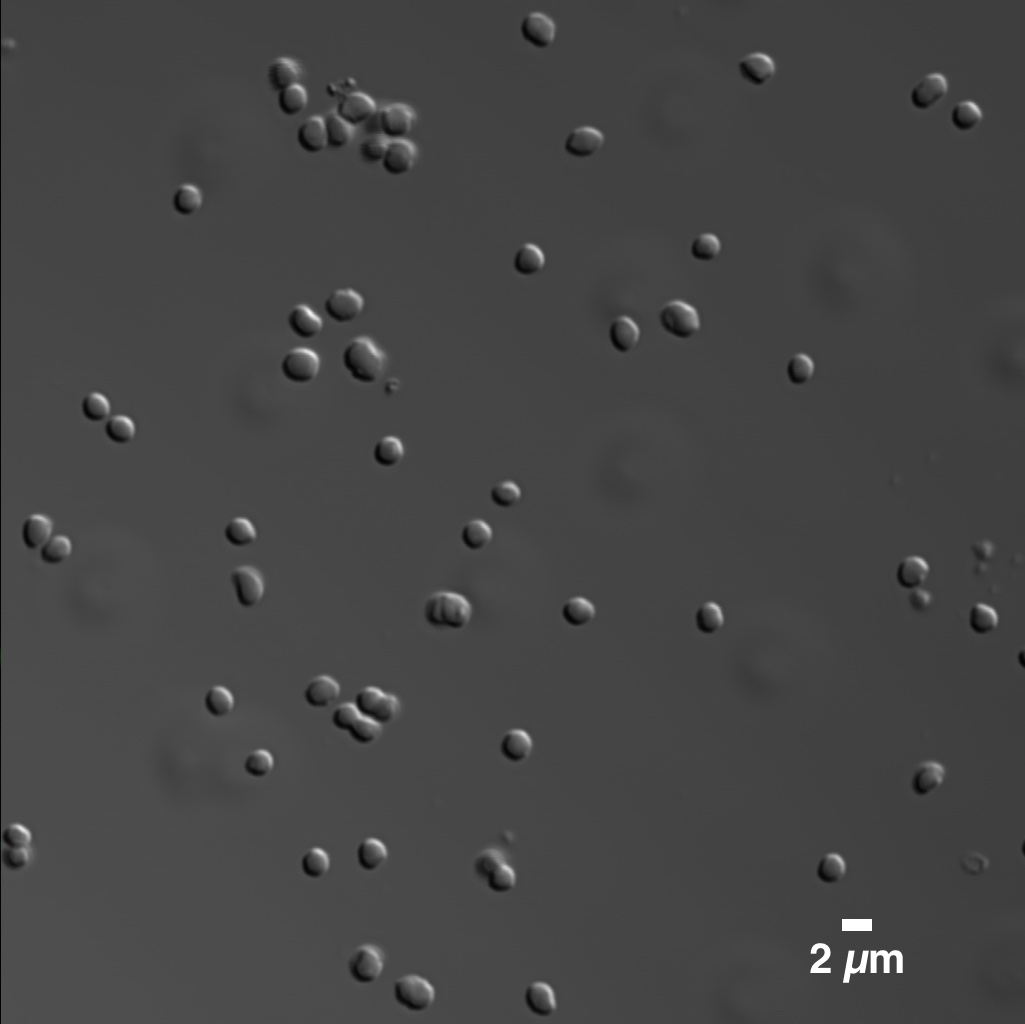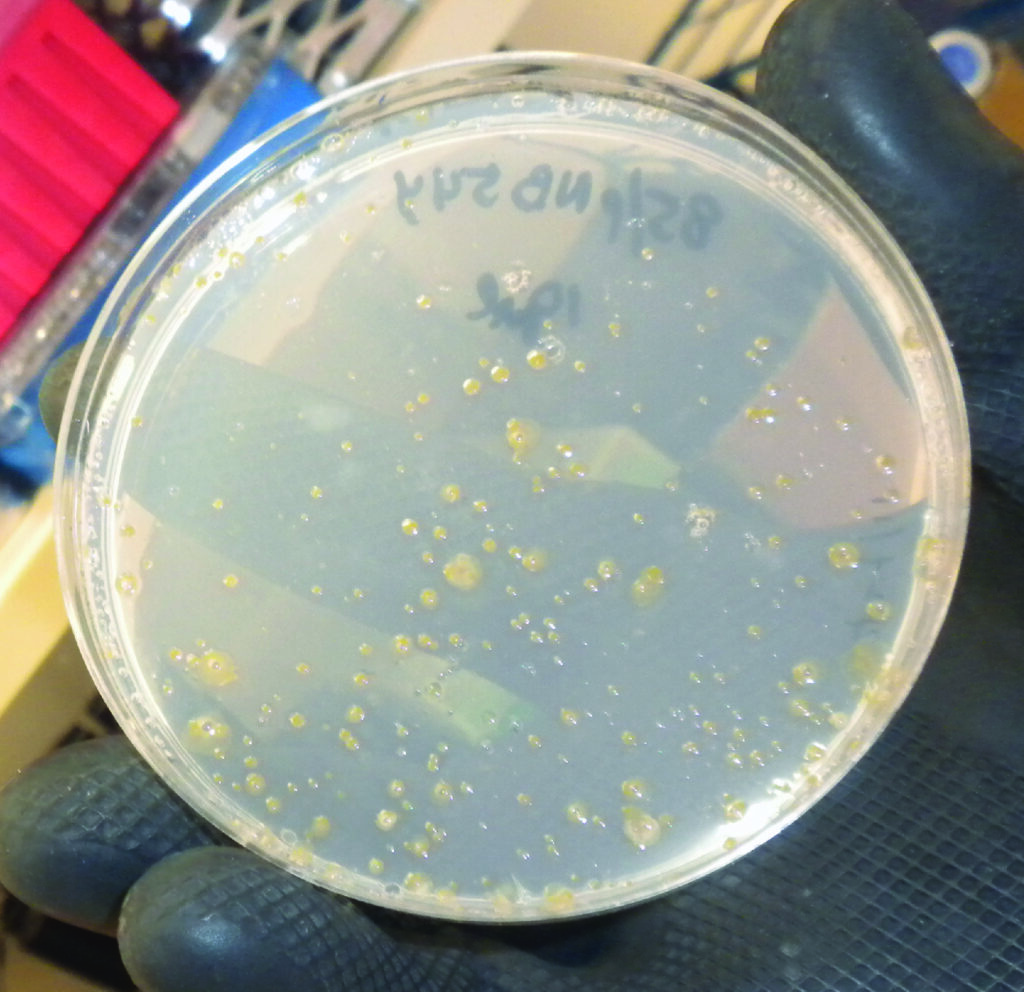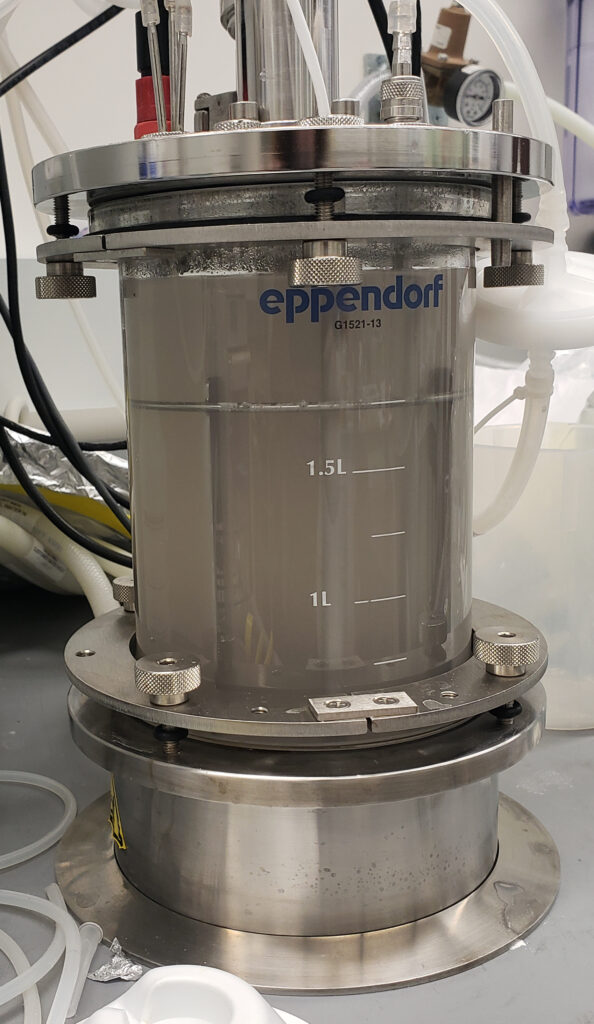
The Agile BioFoundry and researchers at the University of Nebraska-Lincoln aim to broaden the synthetic biology potential of a non-model microorganism in a new collaboration.
Methanoarchaea are microbes that naturally produce methane. This ability has been used to generate heat, fuel, and electricity. But methanoarchaea such as Methanosarcina could also meet our need to produce sustainable fuels and chemicals from renewable sources.

The Buan Lab at the University of Nebraska-Lincoln has engineered Methanosarcina to use inexpensive, renewable carbon materials to produce isoprene — which is used to make synthetic rubbers, medical-grade plastics, polymer films, and fuels. Studies show that Methanosarcina has the potential to produce high yields of isoprene, but the ability to increase yields further is slowed by a limited set of genetic tools for engineering this microbe.
This collaboration will leverage the Agile BioFoundry’s capabilities to create a synthetic biology toolkit for Methanosarcina. This toolkit will include a library of interchangeable genetic parts that are compatible with methanoarchaea. It will also include a biosensor that can sense precursors, intermediates, or end products in Methanosarcina, providing an effective screening method for strain optimization.

Expanding Methanosarcina’s synthetic biology capabilities could enable sustainable, bio-based production of isoprene, which is currently made from petroleum.
“If successful, engineered methanoarchaea could be used to convert waste biomass and captured carbon to bioisoprene at industrial scale,” said Nicole Buan, Associate Professor at the University of Nebraska-Lincoln.
This collaboration between the Agile BioFoundry and industry is one of five projects totaling over $3 million announced by the U.S. Department of Energy to conduct research and development needed to accelerate the U.S. biomanufacturing sector. The Agile BioFoundry is funded by the U.S. Department of Energy Bioenergy Technologies Office.